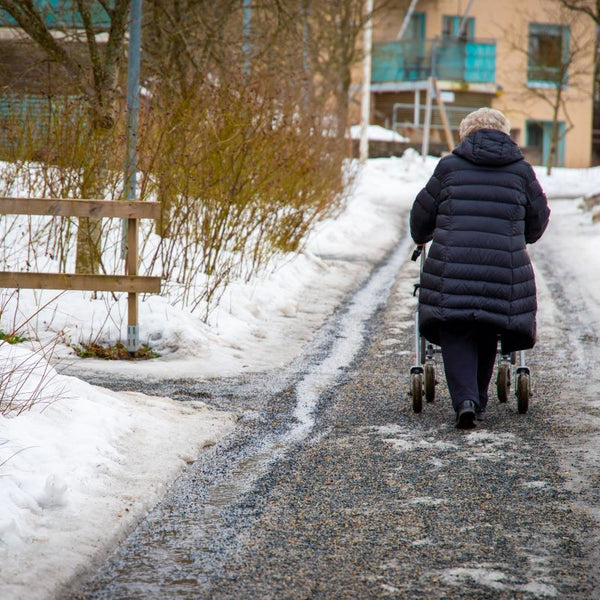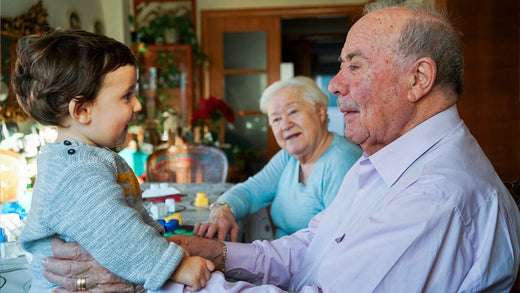According to recent studies, around one-in-eight adults in the UK provide care to elderly friends, family or neighbours. Alongside carers who work in registered care homes or in the community, there are around 10.6m people who care for vulnerable elderly friends and relatives needing additional support.
Unpaid carers have been overlooked in government support and reform, leaving many who care for an elderly parent or relative struggling more than ever in light of the rising cost of living.
This Carers Rights Day, read the insights from an elderly care expert about the benefits and support available to unpaid carers looking after an elderly friend or relative.
As more and more unpaid carers, particularly those in the so-called sandwich generation, are increasingly feeling the bite from the rising cost of living, unaffordable care home costs and a bleak winter for older, vulnerable people, it’s crucial to understand the benefits they may be eligible to claim.
Unpaid carers can claim Carer’s Allowance, set at £81.90 per week if they care for someone for at least 35 hours per week and earn £139 per week or less after tax. However, carers are ineligible if they are in full-time education or study for more than 21 hours per week, earn more than £139 per week or who spend less than 35 hours on their caring responsibilities.
It can be so challenging for carers who may be looking after an elderly parent or relative, especially during the current cost of living crisis where many are trying to juggle their finances.
Louise Yasities
Elderly Care Expert at TakingCare Personal Alarms
Following the news about the new cost of living payment, which could be as much as £900 for some households, most carers will be unable to benefit from this.
-
Apply for Carer’s Allowance
All carers are eligible for Carer’s Allowance, which is a weekly payment of £81.90.
Be mindful that Carer’s Allowance is taxable and claiming it could impact any other benefits you currently claim or intend to claim in the future. The person you care for must also claim at least one of the below benefits for you to be eligible:
- Attendance Allowance
- Personal Independence Payment
- Disability Living Allowance
- Child/Adult Disability Payment
- Disablement Benefit
- Armed Forces Independence Payment
-
Check if you’re entitled to Carer’s Credit
Carer’s Credit is a National Insurance credit that helps bridge some of the gaps in a carer’s National Insurance record and helps towards your State Pension. Claimants must care for someone for a minimum of 20 hours per week, with the credit allowing them to maintain caring responsibilities and still contribute to their State Pension, which is based on NI contributions.
Carer’s Credit is still claimable even if the carer has a short break in caring. This can be up to 12 weeks.
-
Access charity and community support in your area
Unfortunately, the reality is that there is little financial support for those caring for an elderly loved one, so it’s also worth researching the support available for your parent or relative. There is the option to get at-home support through a needs assessment from your local authority.
Caring for an older relative, especially a parent, can be an extremely overwhelming and emotional experience, particularly when it comes to managing finances. Consider cost effective ways of supporting a relative, particularly if you can’t be with them all the time, such as at-home help from local councils, community voluntary schemes like lunches and coffee mornings and even personal alarms, fall alarms or panic buttons that can be made available via a monthly subscription.
It’s vital that unpaid carers take care of their own wellbeing and seek emotional and financial support where required to help alleviate some of the stresses that come with caring for an elderly loved one.



